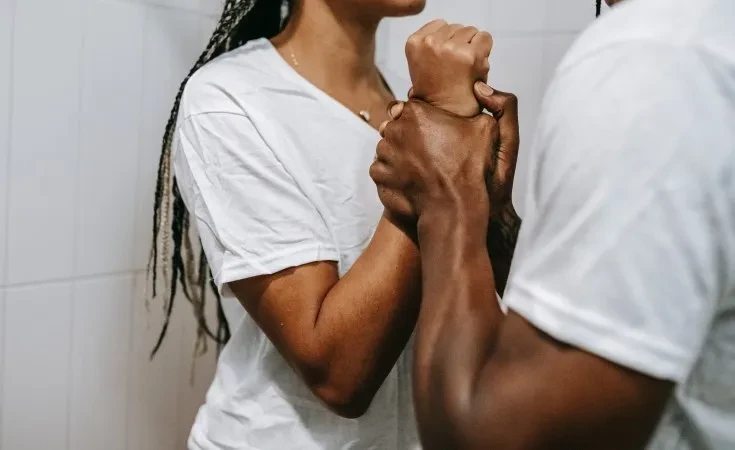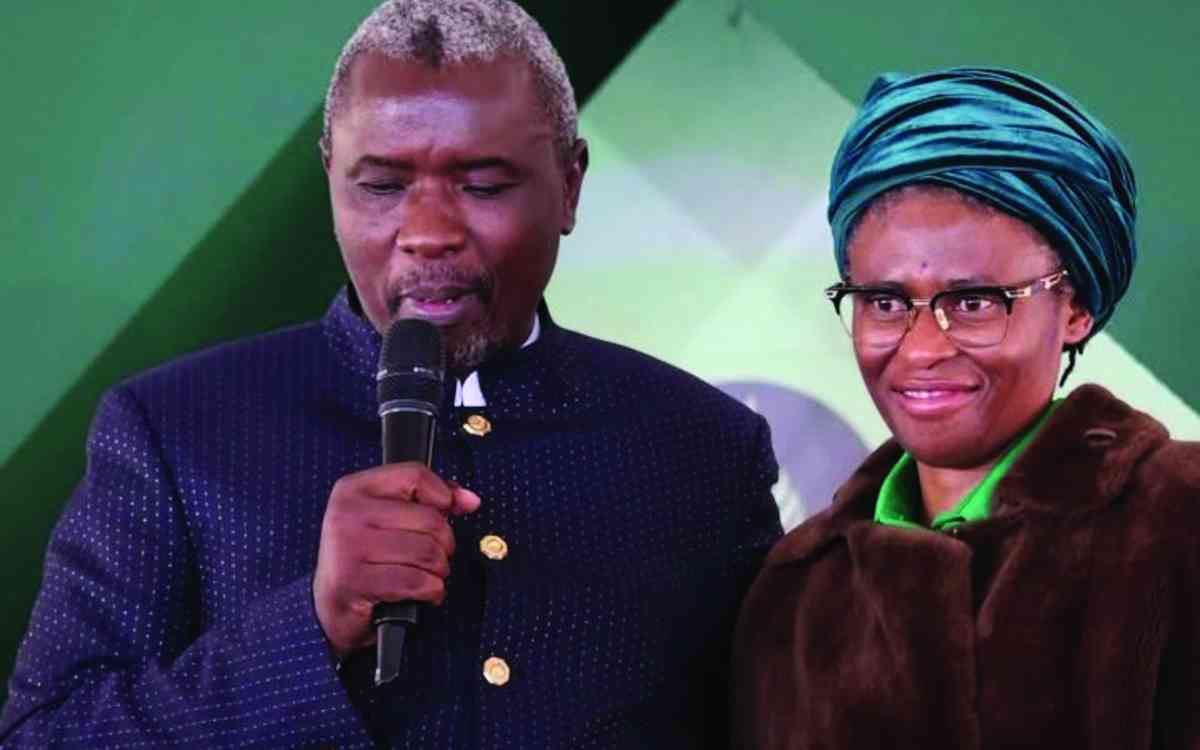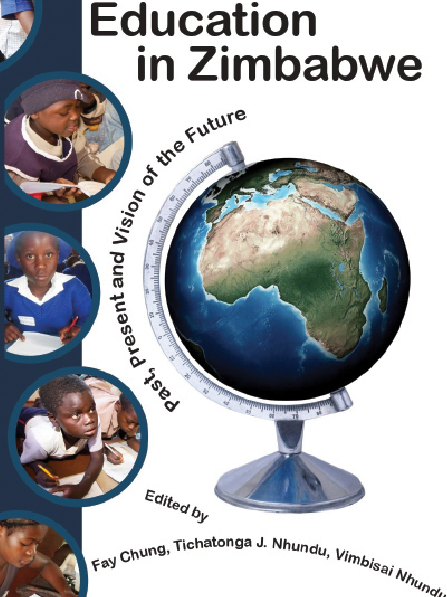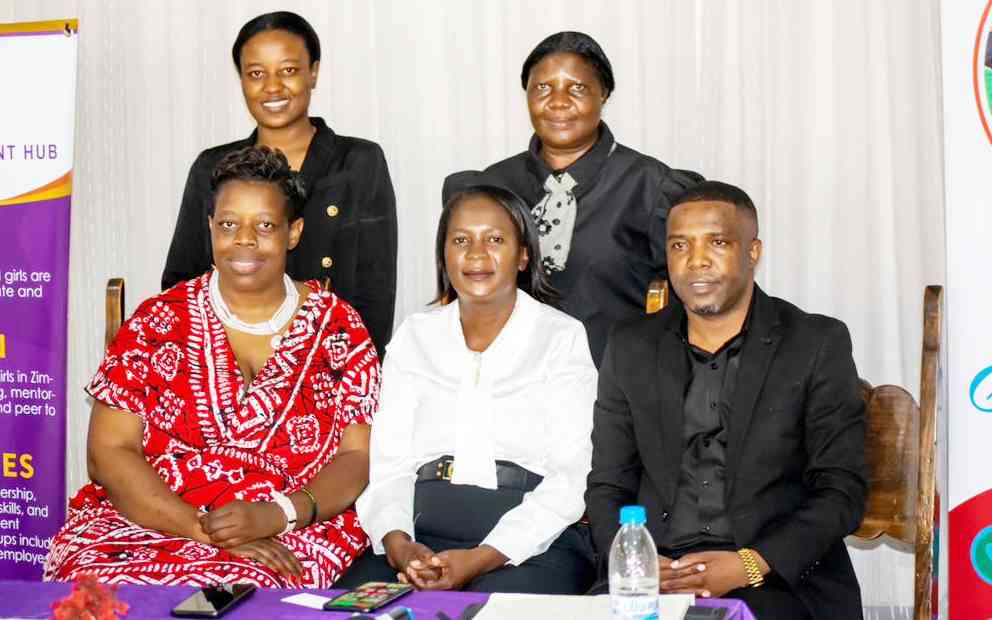
Many of us have the mentality of viewing the gender discourse from the lens of bias; where it is explained from the perspective of Eurocentrism. The discussion of the issues that orient to gender is something that has been a predominant part of our African society. In the depth of it, all African society through the precepts of ubuntu has also played a critical role in the enhancement of the discussion of gender issues.
For creatives, it remains of importance to be aware of how the discussion of gender issues has to be contextualized within the locale of our African continent, and specifically Zimbabwe. The advocacy against the forms of gender based violence thus has to be premised on the need to debunk the harmful cultural taboos that have become a norm and have been seen as typically African behaviour.
Yes, it is a fact that African society has been predominantly patriarchal where men have been at the helm and control of everything. In this light, women have been seen as submissive and people deprived of their rights. This has been a factor that has thus pre-exposed women’s vulnerability to gender based violence.
In this regard, society needs conscientisation on why the talk of gender issues from an African perspective is of importance as there is need to also propound solutions that can be effective on the ground. As artists, our role is to help open up the eyes of the society to the reality of how our traditional African society has been highly aware of the centrality of gender issues particularly the value of a woman.
In Shona there is the expression “Musha Mukadzi”, which means that the home is made a home because of the woman as she is the center of the household.
This is an important expression that can be creatively expressed in any form of art work and it can play a role in opening the eyes of the society to how there is need to value the woman and treat her well as women work hard to cater for the needs of the household.
This can be helpful in the enhancement of the value of the woman and in the process, facilitates the reduction of gender based violence. I like how many artists also now like to use the slogan of how love should not hurt. This is a powerful statement that many of us in the African society have to practicalise and internalise.
The precepts of ubuntu are enmeshed in the power of love. In a relationship where there is love and not hate; violence can not exist.
- Edutainment mix: The art of collaboration is better than competition
- Edutainment mix: The artist in the child policy formulation context
- Edutainment mix: The artist in civic education
- Edutainment mix: Debunking creative leadership
Keep Reading
The message of love is something that has become of importance as in a great many cases we hear stories of violence. Rather than focusing on the causes of gender based violence we should be premised on the practicalisation of the solution based approach.
The solution based approach is the message of love and respect which artists have to accentuate. Without love and respect, there tends to be mayhem which also violates the prevalence of peace within our communities. The message of embracing ubuntu is also critical in ensuring that people within the society recognise each other as humans. If they do, there will be a lesser prevalence of forms of violence on the basis of gender.
It ts imperative that as we conclude the 16 Days of Activism Against Gender Based Violence, it is imperative for artists to come up with different art forms that preach that GBV is bad and cannot be tolerated in modern society. Artists must spread the word that the fight against GBV should be an everyday thing; not only within the 16 Days of Activism against GBV. I therefore end by saying “Make it everyday”, which means every day must be a day against all forms of GBV.
Raymond Langa is a musician, poet, orator, writer and founder of Indebo Edutainment Trust. Follow Raymond on Facebook, Instagram @Millagre Ray L. Email [email protected] and millagrepapaito@gmail com











